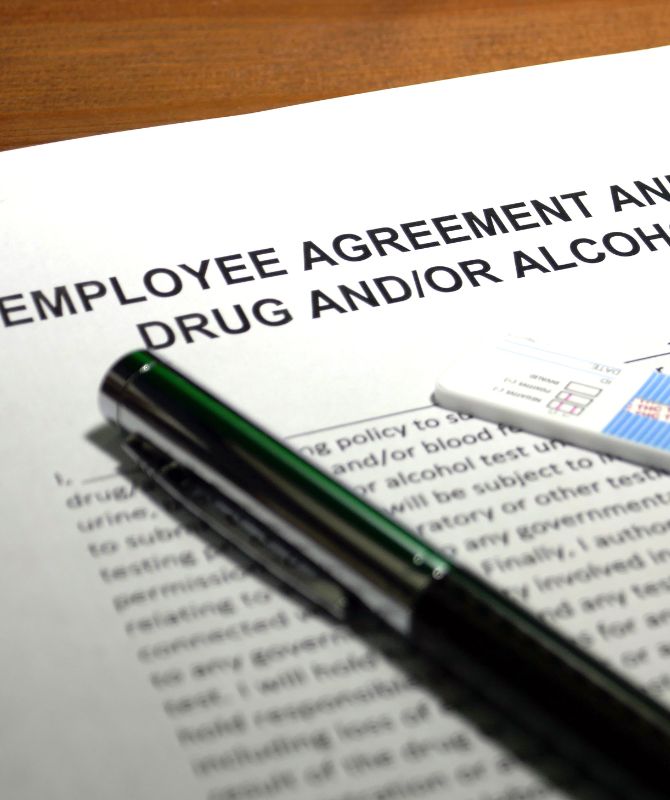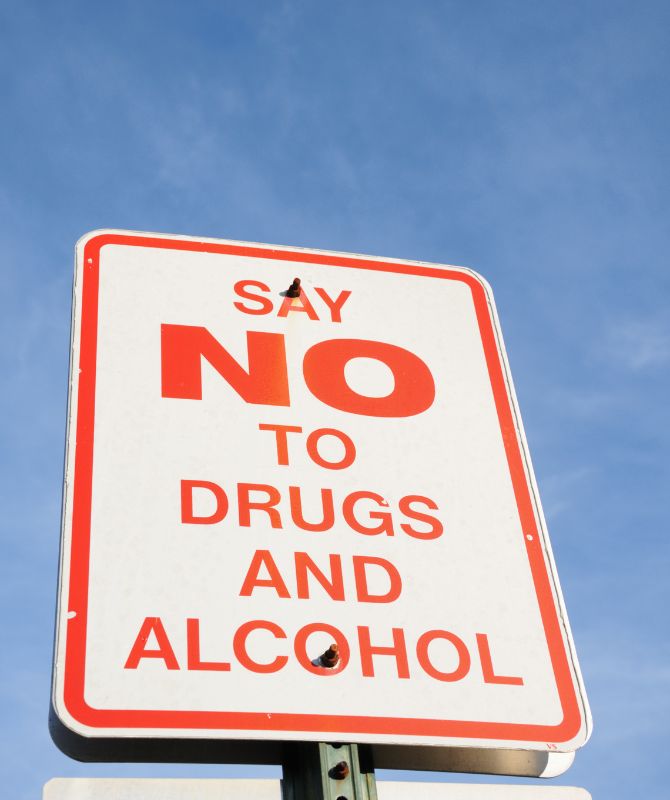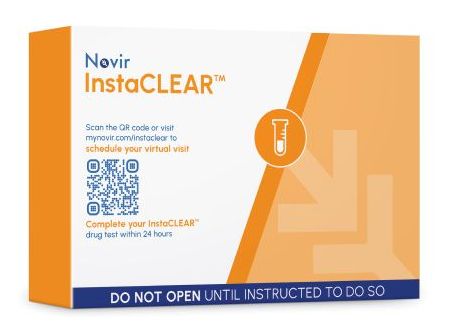Affordable Drug Policies From InOut Labs
Have InOut Labs create a custom workplace drug and alcohol testing policy.
It’s important to document in writing all policies, procedures and consequences.
In many cases, a written drug-free workplace policy is required by federal regulations, or in order to qualify for insurance discounts or government contracts.
If your organization is regulated by the US Department of Transportation (US DOT), a written drug policy is required, and has specific requirements.
For example, an FMCSA policy must address all 12 points here.
Why You Need a Written Drug-Free Policy?

DOT Drug-Free Workplace Policy
Each DOT Authority has its own specific requirements regarding what must be addressed in an employer’s written substance abuse policy. Testing is required for marijuana, cocaine, amphetamines, opioids, and phencyclidine (PCP). Some agencies also require random testing for alcohol.
All agencies require testing for the following reasons: Pre-employment, Random, Post-accident, Reasonable Suspicion, Return-to-duty and Follow-up.
Employers’ written policies must satisfy specific requirements described by the DOT as well as those prescribed by the agency under with the employees operate. But the employers may (and should) describe the employer’s policy on consequences violations of the policy, and for certain types of events, like shy bladder, refusals to test, second chance agreements and negative-dilute results.
FMCSA | $249
The primary focus is on ensuring that commercial drivers do not operate vehicles under the influence of drugs or alcohol. Employers are required to conduct pre-employment, random, post-accident, reasonable suspicion, and return-to-duty drug and alcohol testing.
FAA | $449
The FAA regulates drug testing for aviation employees, including pilots, air traffic controllers, and aviation maintenance technicians. The FAA has specific procedures for conducting drug tests, including post-accident and reasonable suspicion testing.
PHMSA | $449
PHMSA oversees drug testing for employees in the pipeline and hazardous materials industries. A PHMSA drug and alcohol policy is called a Drug Plan and an Alcohol Plan, which may be combined. Random testing for alcohol is not permitted under PHMSA but is may be for conducted reasonable suspicion and post-accident.
FRA | $449
FRA is responsible for regulating drug and alcohol testing for railroad employees. FRA mandates pre-employment, random, post-accident, reasonable suspicion, and return-to-duty drug testing and has different testing rates for Maintenance of Way, Hours of Service and Mechanical Workers.
FTA | $449
The FTA oversees drug and alcohol testing for employees in the public transit industry, including bus and subway operators. Testing includes pre-employment, random, post-accident, reasonable suspicion, and return-to-duty testing.

Non-DOT Drug-Free Workplace Bundle | $495
What’s Included?
You May Need A Written Policy If
Key Elements Of An Effective Drug-Free Workplace Policy
A Well-Designed Policy Will Include Provisions For
Common Questions Include
The above questions are all addressed when you work with InOut Labs to create a written drug free workplace policy for your organization. A custom policy is created based on your organization’s specifications and regulations you are required to follow.
We can create a custom drug free workplace policy for every state. Policies are also written for state Drug Free Workplace programs for many states including: Alabama, Arkansas, Florida, Georgia, Idaho, Mississippi, Ohio, South Carolina, Tennessee, Virginia and Wyoming.
As with any Company policy, have your legal expert review your final draft of your drug free workplace policy before implementation.

